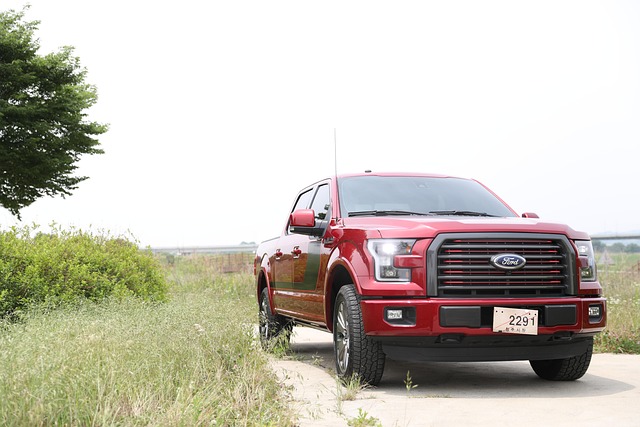Heavy truck coverage is essential for mitigating risks associated with transporting large, specialized equipment, offering tailored protection including liability, comprehensive insurance, and specific endorsements. Choosing the right policy involves evaluating vehicle type, cargo nature, and operational environment to ensure adequate protection against accidents, damages, and environmental hazards. This coverage minimizes financial losses and provides peace of mind in the bustling transportation industry. Key components include liability protection, physical damage coverage, comprehensive loss protection, and customized endorsements for unique risks. Proactive risk management through regular maintenance, compliance, driver training, and staying informed about industry trends enhances overall safety and operational efficiency.
In today’s world, transporting oversized loads demands specialized insurance for oversized vehicles. This comprehensive guide delves into the intricacies of understanding and acquiring heavy truck coverage. From defining key terms to identifying those in need of robust protection, this article navigates essential components of a thorough policy. We explore claims management strategies, risk mitigation tactics, and real-world examples, ensuring you’re equipped with knowledge to navigate the complexities of insuring these behemoths on the road.
- Understanding Specialized Insurance for Oversized Vehicles
- Who Needs Heavy Truck Coverage?
- Key Components of a Comprehensive Policy
- Navigating Claims and Risk Management Strategies
Understanding Specialized Insurance for Oversized Vehicles
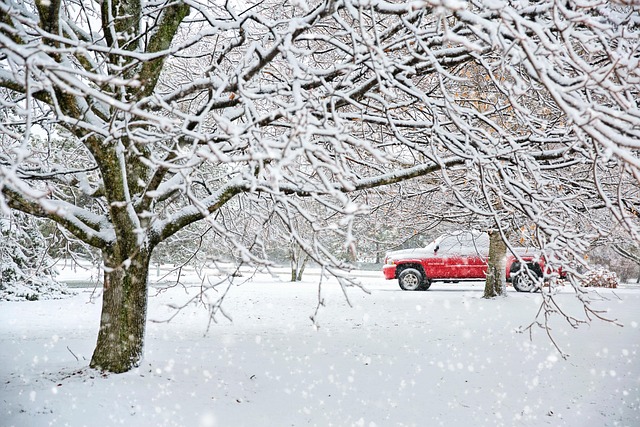
Specialized insurance for oversized vehicles, often referred to as heavy truck coverage, caters to the unique risks associated with operating and transporting large, specialized equipment. These policies are designed to protect both the carrier and their cargo during transit, addressing specific concerns that arise from the nature of these operations. Key aspects of heavy truck coverage include liability protection against damage or loss, comprehensive insurance to cover unexpected events like accidents or natural disasters, and specific endorsements for specialized items or unique transportation methods.
Understanding these insures is crucial as they often come with tailored clauses for various sectors, such as construction, agriculture, or oil and gas industries. Each sector has its own set of challenges, from navigating narrow, urban streets to dealing with extreme weather conditions. Therefore, choosing the right policy involves evaluating the type of vehicle, the nature of cargo transported, and the operational environment. This ensures that in the event of an incident, the insurance provides adequate protection, enabling smooth operations and peace of mind for the carrier.
Who Needs Heavy Truck Coverage?
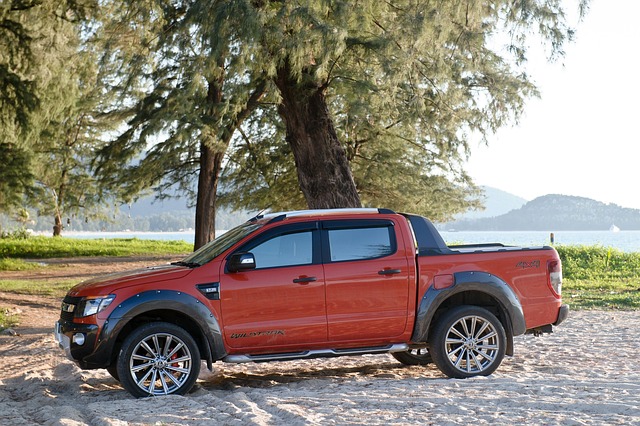
In today’s world, where logistics and transportation play a vital role in our economy, heavy trucks and oversized vehicles are essential for moving bulk goods and specialized cargo. These vehicles, while crucial to many industries, come with unique risks and challenges. From construction sites to remote highways, accidents involving large trucks can have severe consequences due to their size and weight. Therefore, those operating or owning these behemoths require specific insurance coverage—what’s commonly known as heavy truck coverage.
This specialized insurance is not just a legal requirement but also a safety net for businesses and drivers. It protects against potential liabilities arising from accidents, damages to the vehicle, and even environmental hazards caused by transporting hazardous materials. Heavy truck coverage ensures that in the event of an incident, financial losses are minimized, providing peace of mind for operators navigating the hustle and bustle of the transportation industry.
Key Components of a Comprehensive Policy
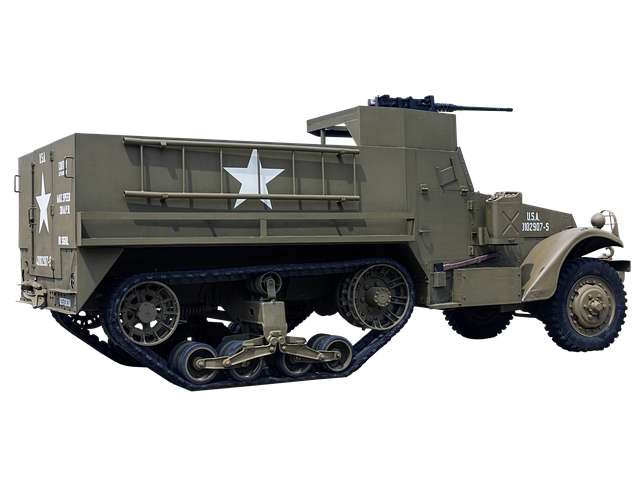
When considering specialized insurance for oversized vehicles, such as heavy trucks and construction equipment, several key components make up a comprehensive policy. Firstly, heavy truck coverage should include liability protection to cover damages in case of accidents involving third parties. This includes property damage and personal injury liabilities, ensuring financial security against significant claims. Secondly, physical damage coverage is crucial, protecting the vehicle and its specialized equipment from perils like collisions, natural disasters, and theft.
Additionally, these policies often feature comprehensive loss protection, which covers a wide range of unforeseen events, from fire and vandalism to weather-related incidents. Customized endorsements for specific risks unique to oversized vehicles are another vital aspect. These might include provisions for cargo coverage if the vehicle is transporting valuable goods, as well as specific provisions for down time and towing expenses in case of breakdowns or accidents that render the vehicle unusable.
Navigating Claims and Risk Management Strategies
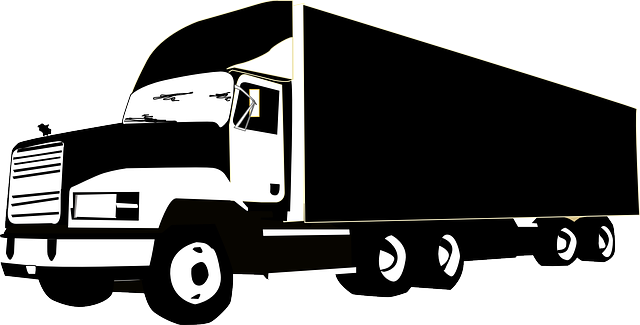
Navigating claims and risk management is a critical aspect of owning and operating heavy trucks and other oversized vehicles. When a claim occurs, understanding your policy coverage and the specific terms related to heavy truck coverage is essential. This includes comprehending deductibles, liability limits, and any exclusions or special conditions that may apply. Efficient risk management strategies involve regular vehicle maintenance to minimize the chances of breakdowns or accidents, ensuring compliance with safety regulations, and implementing driver training programs to promote safe operating practices.
Additionally, staying informed about industry trends and evolving regulations can help businesses make proactive decisions. This might include adopting advanced tracking and monitoring systems to monitor vehicle performance, utilizing telematics data for risk assessment, and exploring alternative fuel sources or routes to reduce environmental impact and operational risks. Proactive management ensures a smoother claims process and contributes to the overall safety and efficiency of oversized vehicle operations.
Specialized insurance for oversized vehicles, or heavy truck coverage, is an essential consideration for businesses operating with large machinery. By understanding the unique risks involved and selecting a comprehensive policy, operators can mitigate potential losses and ensure smooth operations. Whether you’re in construction, transportation, or any industry requiring specialized equipment, proper coverage is vital to navigate claims and maintain business continuity. Key components of a robust policy include adequate liability protection, comprehensive property coverage, and tailored risk management strategies. Remember, investing in heavy truck coverage is not just about compliance; it’s about safeguarding your assets and securing your future.
